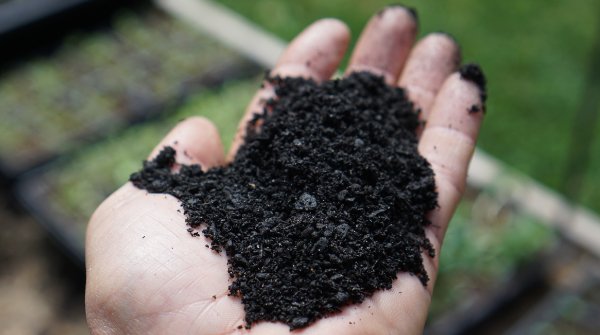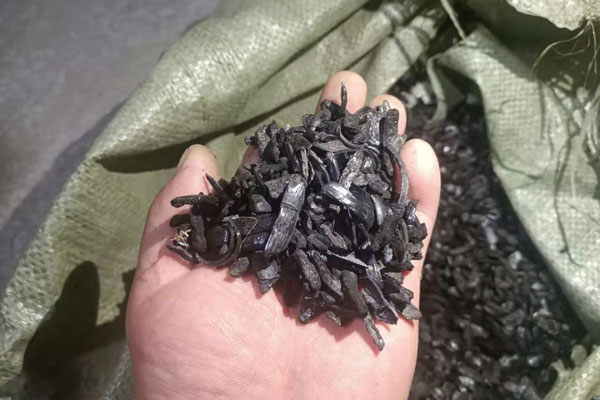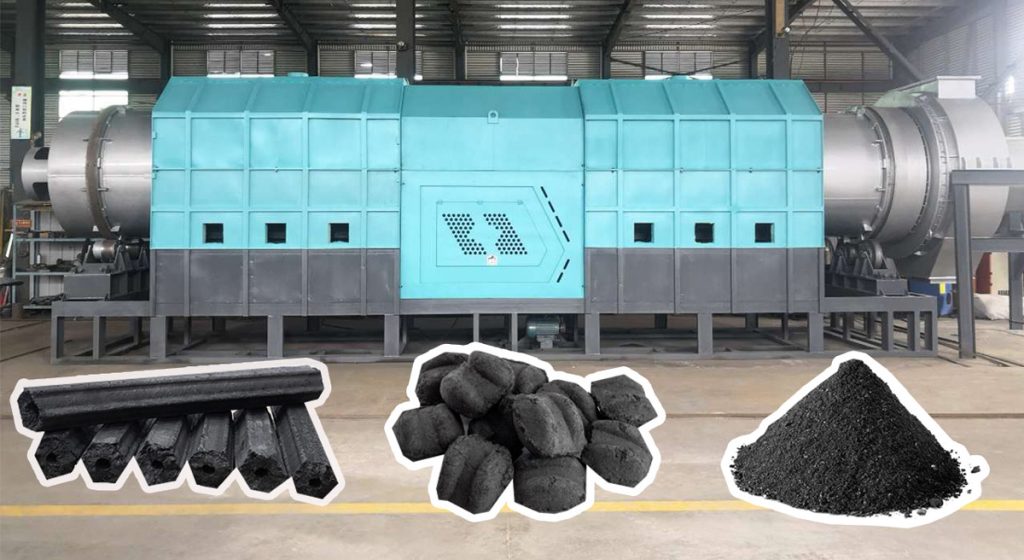Charcoal production isn’t just about turning wood into those little black nuggets of grilling delight; it’s a global adventure steeped in tradition, innovation, and cultural significance. Let’s fire up the journey and explore how different regions around the world contribute to this carbonized wonder.
Charcoal’s Journey Begins
The roots of charcoal production reach deep into history, spanning across continents and cultures. While it might be your go-to choice for a BBQ, charcoal from carbonization machine plays different roles in various societies, revealing the diverse ways it’s manufactured and utilized.

African Charcoal Connection
In sub-Saharan Africa, charcoal production isn’t just about cookouts; it’s a vital source of livelihood for many communities. Traditional methods involve cutting down hardwood trees, stacking them, and slowly smoldering them in earth pits or makeshift kilns. The resulting charcoal sustains countless households and markets, bridging the gap between nature and necessity.
Latin America’s Green Side
Over in Latin America, environmentally-conscious efforts are sprouting like fresh herbs in a garden. Some regions are adopting cleaner techniques, like converting invasive tree species into charcoal. These eco-warriors are creating a sustainable, renewable source of fuel while helping curb deforestation.
Europe’s Carbon Connoisseurs
Moving eastward to Europe, they’ve got a taste for gourmet grilling. European charcoal production puts a premium on quality and flavor. The hardwood of choice? Oak, beech, and fruit trees like apple and cherry. The slow, controlled carbonization process creates charcoal prized by grill masters worldwide.
Asia’s Diversity in Charcoal Production
Across Asia, biochar production equipment paints a picture of diversity, showcasing everything from traditional techniques to modern innovation.
- South Korea’s Charcoal Innovation
Korean cuisine thrives on barbecue, and so does their unique approach to charcoal production. They’ve introduced “bamboo charcoal,” a fascinating twist on the traditional method. Bamboo, a fast-growing plant, is carbonized at high temperatures, creating a super-efficient and eco-friendly fuel source.
- Japanese Art of Binchotan
Japan adds its own unique flavor to the charcoal production landscape with binchotan. This prized charcoal is made from oak or ubame oak and undergoes a painstaking process that can take up to two weeks. The result? A charcoal so pure, it’s used by sushi chefs to sear the most delicate pieces of sashimi.

Middle East: Charcoal’s Spiritual Side
The Middle East adds a dash of spirituality to the world of charcoal production. Olive and citrus trees, abundant in the region, find their way into kilns. The ashes left behind are used for a sacred ritual called “Mira,” which symbolizes renewal and cleansing. In this part of the world, charcoal isn’t just a source of heat; it’s a cultural bridge between traditions.
North America’s Grilling Craze
Over in the United States, the barbecue scene is practically a cultural phenomenon. Hickory, mesquite, and oak are the wood of choice for smoking and grilling. The world of charcoal production is constantly evolving, with everything from lump charcoal to briquettes designed to cater to every grill master’s preference. Charcoal machine played an important role here
Australia’s Bush Charcoal
Down under, Australia showcases the art of charcoal production in the form of “bush charcoal.” The vast eucalyptus forests offer an abundant source of fuel. Traditional methods are employed, ensuring that the production maintains a connection to the land and its rich indigenous heritage.

Global Charcoal Tapestry
Charcoal isn’t just a commodity; it’s a thread that weaves through cultures and ecosystems around the world. From Africa’s survival charcoal to Latin America’s green initiatives, Europe’s pursuit of quality, and Asia’s blend of tradition and innovation, the Middle East’s spiritual connection, North America’s grilling revolution, and Australia’s bush charcoal conservation, it’s a global tapestry of traditions, innovation, and commitment to a sustainable future.
So, the next time you fire up your grill with a bag of charcoal, take a moment to appreciate the rich cultural tapestry and global impact behind those little black nuggets. Whether you’re savoring a barbecue feast or participating in a sacred ritual, remember that charcoal production is more than meets the eye. It’s the story of us, the stewards of this planet, and the creative ways we connect with our environment. Visit Beston Group for more details.